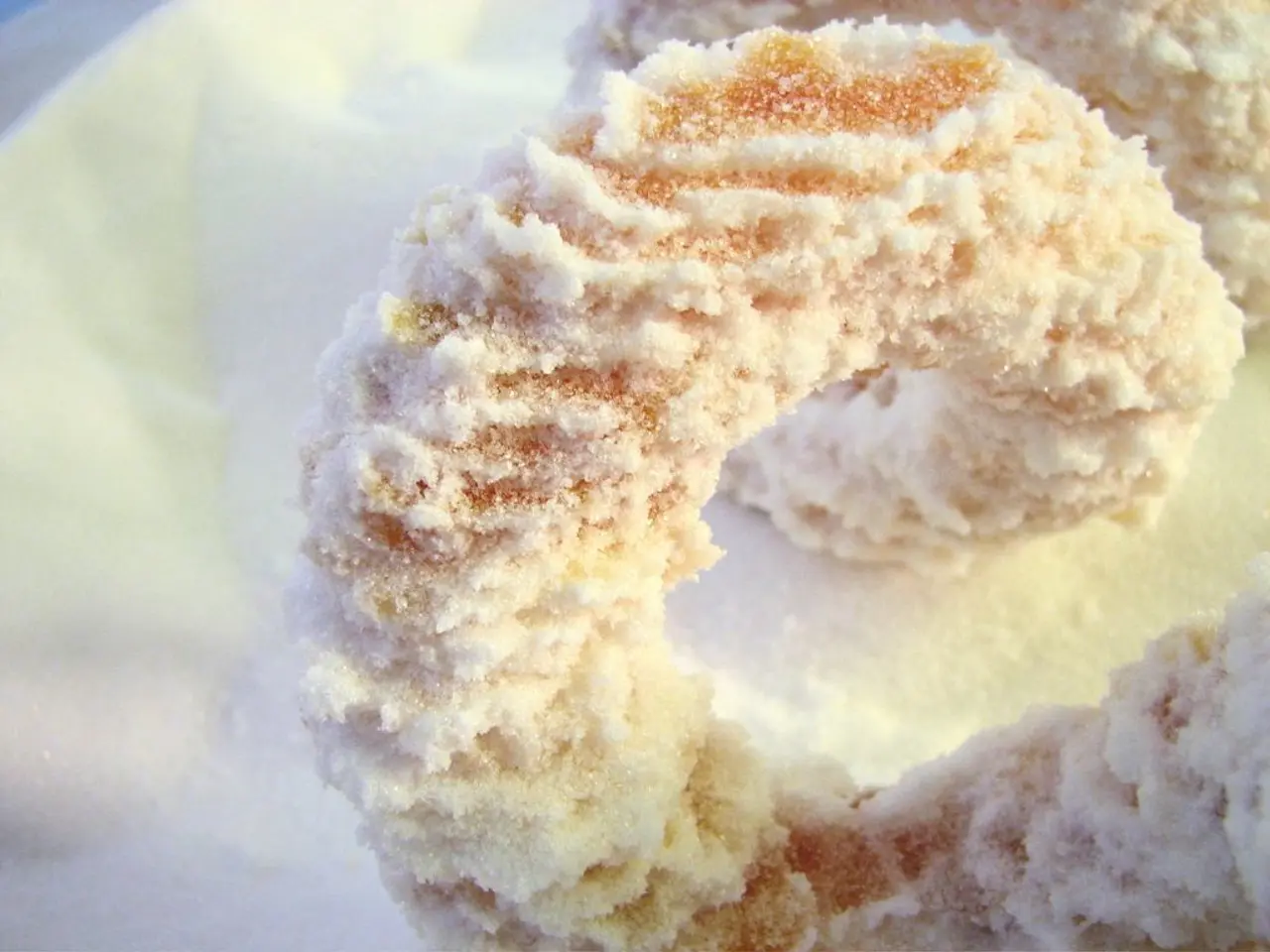Schools in West Virginia rushing to remove artificial food colorings from meal offerings before the start of the school year
Artificial Dyes in School Meals: West Virginia Takes Action
Starting August 1, West Virginia will become the first state in the US to ban seven artificial dyes from school meals, following concerns over their potential link to neurobehavioral problems in children.
The banned dyes include Red 3, Red 40, Yellow 5, Yellow 6, Blue 1, Blue 2, and Green 3. These synthetic colorings, derived from petroleum, have been associated with increased hyperactivity and other behavioral issues in children, particularly those with ADHD or sensitivity to these additives.
In Miller's district, which serves 23,000 students in 67 schools, about 10% of the foods served will be affected by the ban. Miller expected some foods to contain artificial colors, like strawberry milk and Pop-Tarts, but was surprised to find that pickles, salad dressing, and certain snack chips were also on the list.
School nutrition directors across West Virginia have been scrambling to find alternative products without synthetic dyes. Hollie Best, food service director for Wood County Schools in Parkersburg, which has 11,000 children in 27 schools, mentioned that some suppliers had already removed artificial dyes from some school foods, using beet juice or turmeric as alternatives.
The move aims to halt potential health effects from the dyes, which have been linked to neurobehavioral problems in some children. Jerold Mande, a Harvard University nutrition expert and former federal food policy adviser, stated that dyes are "hallmarks of ultraprocessed food."
While the U.S. Food and Drug Administration has said the color additives are safe when "used properly," some evidence suggests that certain children may be sensitive to them. Parents of children with sensitivities or allergies to artificial dyes had already raised concerns, according to school food directors, but for others, the presence of synthetic colors in school meals hasn't been an issue.
The ban on synthetic dyes will be followed by a second action in 2028, banning the colors plus two preservatives from all foods sold in West Virginia. General Mills, a major food company, has already announced that it will be compliant with West Virginia's law immediately and plans to remove the dyes from school foods nationwide by next summer.
The popular Cool Ranch flavor of Doritos contains dyes Red 40, Blue 1, and Yellow 5. However, Lilith Wilson, 9, who had a meal of a meatball sub sandwich, sweet potato fries, and ice cream during the summer session, found the food "really good." In Best's district, dyes were already out of the food dished up during the summer session in July.
Overall, Best said she removed just five foods from her menus due to the ban on synthetic dyes. The ban is part of a larger focus on limiting artificial ingredients in food in West Virginia. Nutrition experts encourage limiting intake of processed foods containing synthetic dyes, opting for products with natural coloring alternatives and emphasizing a balanced diet rich in whole, minimally processed foods for overall child health.
References: 1. Artificial food dyes and attention deficit hyperactivity disorder 2. Artificial food dyes and hyperactivity in children 3. Artificial food dyes and hyperactivity in children and adolescents 4. Artificial food dyes: safety and intake in the United States
- The ban on seven artificial dyes in school meals in West Virginia is part of a larger focus on education and self-development towards limiting unhealthy additives in food.
- Nutrition experts suggest that consuming processed foods containing synthetic dyes should be limited, as these are hallmarks of ultraprocessed food and can potentially have links to neurobehavioral problems in children.
- The move towards healthier eating policies and legislation in West Virginia is influenced by the media, which has reported on the potential risks of artificial dyes in general-news articles and academic research in education-and-self-development and health-and-wellness fields.
- Schools in West Virginia are adjusting to the ban, with school nutrition directors seeking alternative products that use natural coloring alternatives such as beet juice or turmeric instead of synthetic dyes.
- The second action in 2028 will extend the ban to additional preservatives, marking another milestone in West Virginia's policy and legislation for healthier school meals and food sold within the state.
- Companies like General Mills are taking note of the new policy and are modifying their products, announcing immediate compliance with West Virginia's law and plans to remove artificial dyes from school foods nationwide by the following summer.




